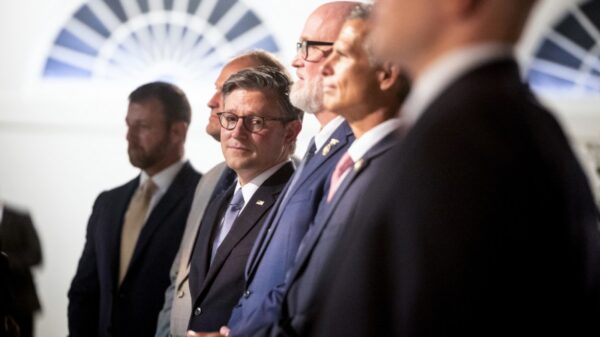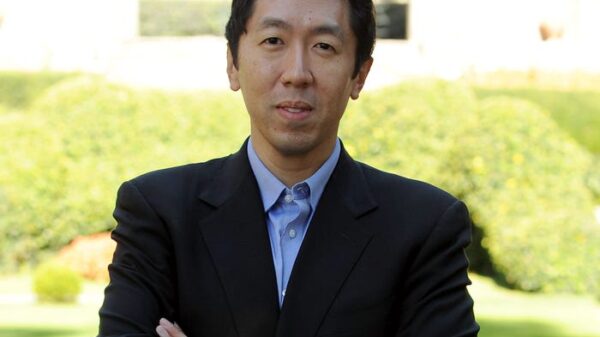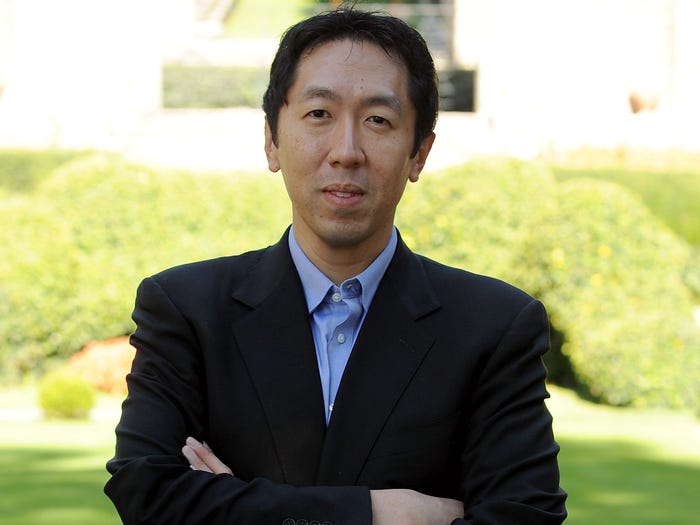At the Masters of Scale Summit 2025, held in October, Andrew Ng, the founder of Google Brain, shared his innovative approach to leveraging artificial intelligence (AI) for brainstorming while driving. Ng highlighted how he utilizes AI as a “brainstorming companion” during his commutes, demonstrating a practical application of technology in everyday workflows.
Ng explained that his brainstorming sessions often occur in voice mode, allowing him to engage in extensive conversations with AI while on the road. He stated, “When I’m driving, I talk to AI quite a lot,” emphasizing the importance of interactive dialogue over simple prompts. By rotating between different AI models, Ng maximizes the unique strengths of each tool, particularly favoring Claude Code and OpenAI’s Codex for coding tasks.
Engaging in Extended Conversations with AI
According to Ng, the quality of AI responses improves significantly when users maintain longer conversations. He noted, “AI is very smart, but getting context in is difficult.” This approach requires an ongoing exchange of ideas rather than isolated queries. Ng described his process: he engages deeply with the AI, discussing concepts and providing feedback, which ultimately leads to more effective brainstorming sessions.
Once he arrives at his destination, Ng has the AI summarize their discussion and forward the key points to his team. This method allows him to optimize his time, effectively turning travel into productive work sessions.
Earlier in 2023, Ng also mentioned the concept of “lazy prompting,” where minimal context is provided to the AI. He argued that this method can sometimes yield faster results. “It’s sometimes faster to be lazy and dash off a quick, imprecise prompt and see what happens,” he shared on social media. Ng indicated that most large language models (LLMs) are capable of interpreting vague instructions and can still provide useful insights.
Adoption of AI by Business Leaders
Ng is not alone in his innovative use of AI; many executives are increasingly integrating these technologies into their daily operations. For instance, Sundar Pichai, the CEO of Google, disclosed in June 2023 that he employs AI to streamline coding and web app development. He expressed enthusiasm for how accessible and intuitive these tools have become compared to earlier programming days.
Aaron Levie, CEO of Box, shared insights in a September 2023 report on how he uses various AI tools tailored to specific tasks. He relies on ChatGPT and Perplexity for research, switches to Cursor for rapid prototyping of new product features, and utilizes Box AI for data analysis.
Additionally, Glenn Fogel, CEO of Booking Holdings, revealed that he uses AI to improve his public speaking skills. By uploading recordings of his keynote speeches to AI models, he receives detailed feedback, including pointers on distracting hand movements.
The insights shared by these leaders underscore a growing trend among executives who are harnessing AI not just for operational efficiency but also for creative brainstorming and personal development. As AI technologies evolve, their applications in business continue to expand, reflecting a shift in how leaders approach problem-solving and innovation.







































































